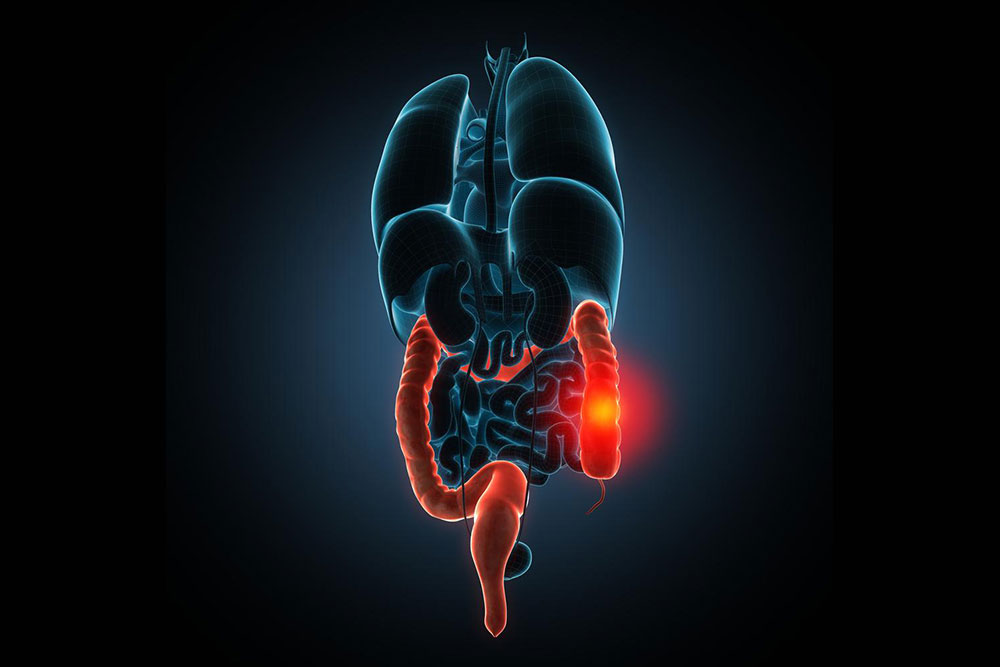Effective Strategies for Managing Irritable Bowel Syndrome Symptoms
This article offers practical tips for managing Irritable Bowel Syndrome, focusing on diet, stress management, and medical options. It emphasizes personalized approaches and encourages consulting healthcare professionals for persistent symptoms to improve quality of life.

Effective Strategies for Managing Irritable Bowel Syndrome Symptoms
Irritable Bowel Syndrome (IBS) is a widespread digestive condition marked by abdominal discomfort, bloating, diarrhea, and irregular bowel habits. The subtype IBS with constipation affects many and can impair daily functioning. Globally, over 10% of people experience IBS during their lifetime. Its exact cause remains uncertain, making cure efforts challenging. Factors such as diet, stress levels, and hormonal changes often trigger symptom episodes.
By understanding symptoms and implementing lifestyle adjustments, managing IBS becomes more achievable. Consider these practical tips:
Adjusting your diet is key to controlling symptoms. Since triggers differ, personalized food choices are essential. Avoid foods like dairy, greasy foods, caffeine, alcohol, cruciferous vegetables, artificial sweeteners, chocolates, and nuts to reduce flare-ups. Increasing fiber intake, especially for those with constipation, is recommended—aim for 22-34 grams daily through whole grains, fruits, and vegetables. Introduce fiber gradually to prevent bloating.
Adding probiotics such as yogurt, kefir, and fermented vegetables can promote gut health by restoring beneficial bacteria. Regular exercise, about 20-30 minutes, five times a week, can ease discomfort and support normal bowel movements. Managing stress via relaxation techniques, meditation, or sufficient sleep is vital, as stress worsens symptoms.
Medications might support these lifestyle changes. Fiber supplements help with constipation but consult a doctor first. Other options include laxatives, anti-diarrheal drugs, antispasmodics, and low-dose antidepressants, often prescribed if diet and exercise are not enough. Peppermint oil capsules may alleviate cramping. Always seek medical advice before starting new medications.
If symptoms persist, medical consultation is advised. Combining diet, stress relief, and medication can greatly enhance quality of life for IBS sufferers.
Disclaimer: This content provides general advice and should not replace professional healthcare. Always consult a healthcare provider for personalized treatment.


